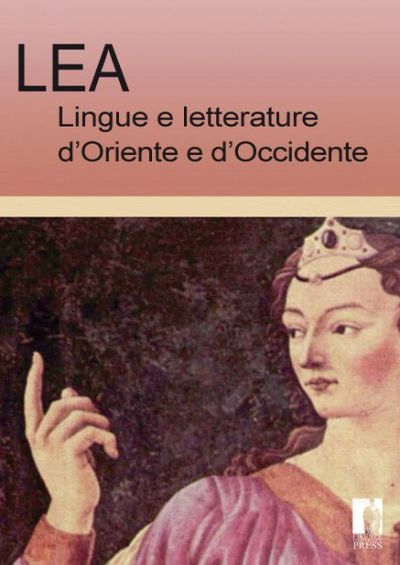These disciplines have always had a unique relationship with conflict: literature may offer representations of it, become itself a contested territory, or give voice to controversy in distinct social, political, religious, and ideological contexts. Similarly, linguistics and philology can offer precious instruments for an empirical study of conflict in different types of texts and a variety of communication forms.
Potential topics include:
- Representations of conflict in literature (wars, revolutions, rebellions, political battles, religious conflicts, and power struggles).
- Cultural and linguistic conflicts in disputed territories, borders, contact zones, or areas rich in cultural and linguistic variety.
- Literary representation of conflicts between the individual and society (mental disorder, exile, migration; discrimination based on ethnicity, political views, religion, gender, sexual orientation, etc.)
- The communicative praxis of conflict and conflict resolution.
- Linguistic and grammatical phenomena (at the level of prosody, morphology, syntax, structure, etc.) which may cause interference, misunderstanding, and cultural conflict, or which may be representative of contrasts or conflicts.
- The text as a conflicted terrain on a formal level (use of parody, satire, invective; hybrid works, such as iconotexts or photo-texts; intersections among different genres, disruption of traditional norms and conventions, coexistence of opposing tensions in a writing process; conflict between digital and print editions, etc.)
- Literary and non-literary translation as a potential locus of conflict.
- Semantic studies of the vocabulary associated with the concepts of conflict and contrast indifferent languages and/or in a diachronic perspective.
- Conflict and interpretation (questions of literary canon, animated scholarly debates, academic or intellectual rivalry, contrasts between different schools of thought, opposing poetics, etc.)
- Conflict and contrast in literature and language learning, especially in multilingual and multicultural classrooms.
LEA also accepts contributions that are not related to the topic proposed in the CfP: for more information, please visit our website.
Manuscripts should be submitted using our online systems. Please find our guidelines here.
For any issues or questions, please contact lea@forlilpsi.unifi.it.
Deadline for submissions: May 8, 2022.
Publication: December 2022

